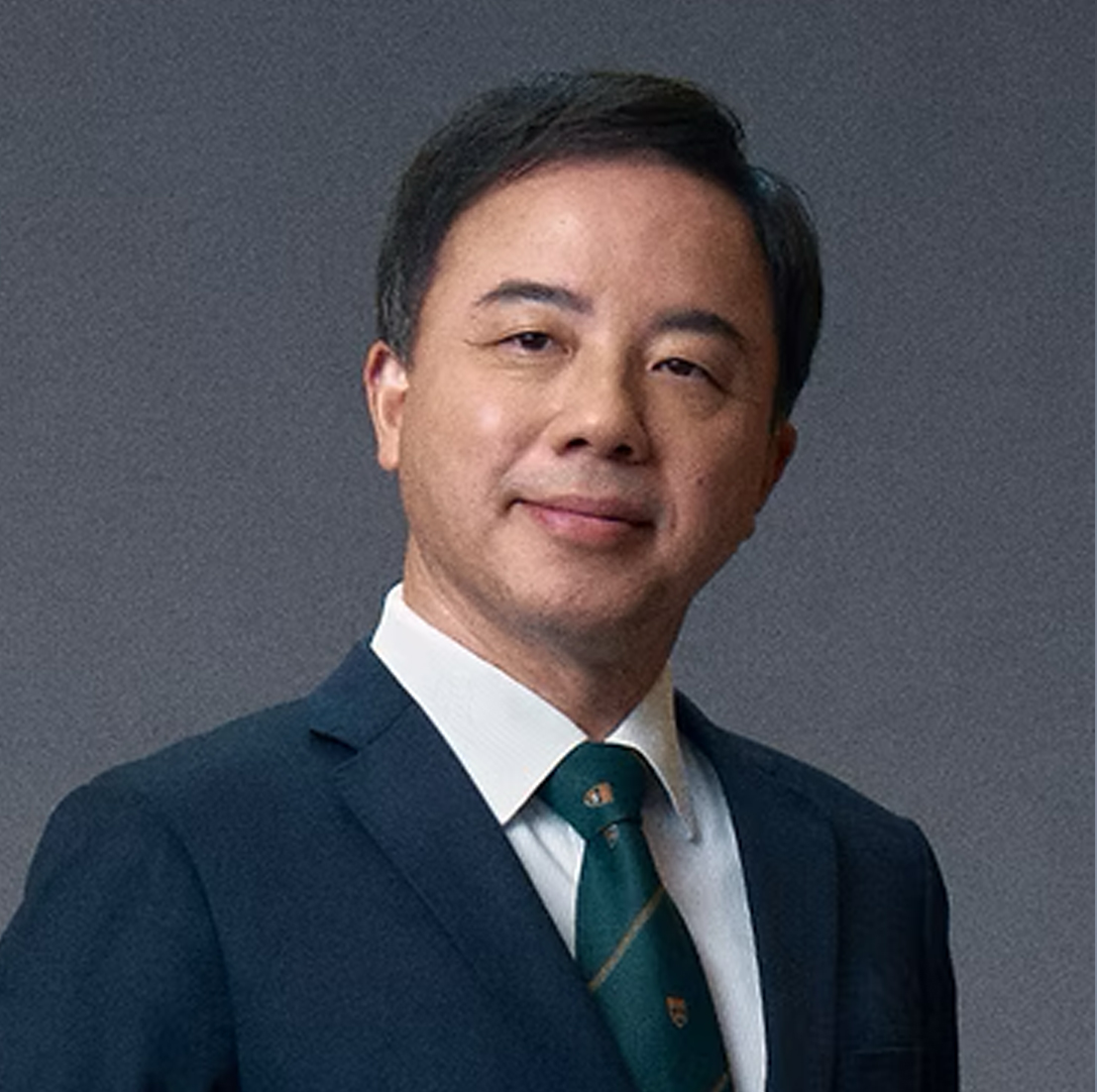Prof. Xiang ZHANG, JP
President and Vice-Chancellor of HKU
Biography
Professor Xiang Zhang is HKU’s President and Vice-Chancellor. He is the sixteenth leader appointed to this role, beginning in July 2018.
Born in Nanjing in China’s Jiangsu province, he credits his parents for embedding discovery and divergent thinking at the center of his learning experience. He studied at Nanjing University (BS and MS), then moved to the United States where he earned further degrees at the University of Minnesota (MS) and University of California, Berkeley (PhD). He taught as an assistant professor at Pennsylvania State University, and associate professor and full professor at the University of California, Los Angeles.
In 2004, he returned to UC Berkeley. At Berkeley, he served as the inaugural Edward S. Kuh Endowed Chair Professor, Director of the Nanoscale Science and Engineering Center, and Director of the Material Science Division at Lawrence Berkeley National Laboratory. XLab, his team of students, researchers, and visiting scientists, was so named “not because we’re mutants, but because we’re searched deeply for non-traditional research topics”, he says. “X stands for explore, for experiment, and for excellence.”
A world leader in nanophotonics and material physics, Professor Zhang developed the first optical superlens — breaking the diffraction limit and transforming understanding of imaging technology. He also pioneered the field of plasmonic lithography with important implications for microelectronics and data storage.
Notably, he invented the world’s first optical “invisibility cloak”, achieving a historic leap from imagination to reality. This earned him a place on TIME’s “Top 10 Scientific Discoveries” of 2008 alongside NASA’s Phoenix Mars Lander and China’s first spacewalk.
Professor Zhang sees his role not only as President and Vice-Chancellor, but as “mentor, colleague, and friend”. He is committed to fostering an intellectually vibrant landscape at HKU that is underpinned by curiosity, critical thinking, and compassionate values. This, he says, will allow students, staff, and faculty to thrive together in a new and complex global century.
Among others, he is a recipient of the Fitzroy Medal, Julius Springer Prize, Max Born Award, and the Eringen Medal which includes five Nobel laureates among its past winners. He is an elected member of the U.S. National Academy of Engineering, and an elected foreign member of organizations including the Chinese Academy of Sciences and Academia Sinica.


